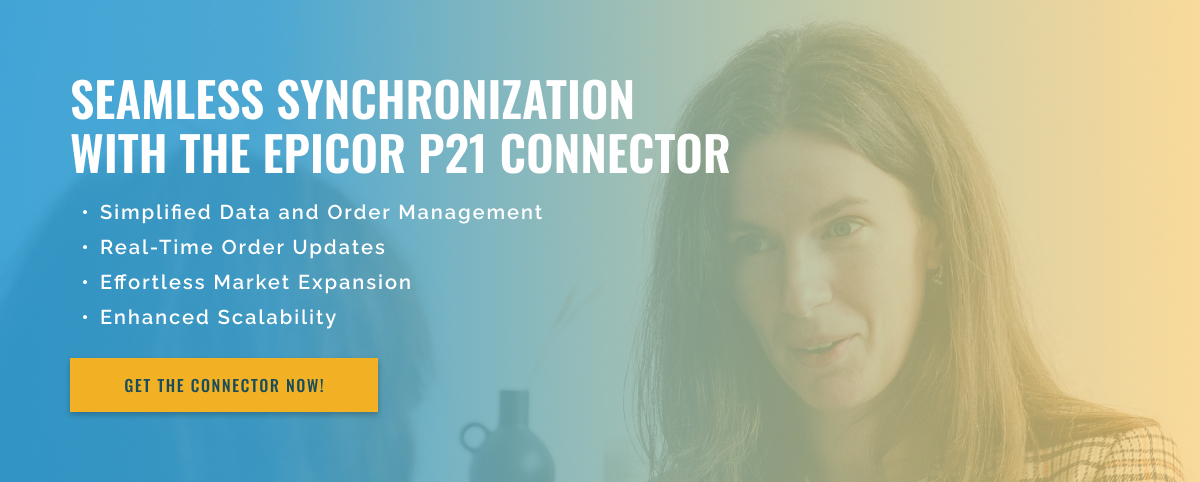3 minute read
Exploring the Deployment Options for Epicor P21
Epicor P21 is a comprehensive ERP (Enterprise Resource Planning) software designed specifically for companies in the distribution sector. It helps companies optimize and manage their operations, increase efficiency, and drive growth. As with any software, deployment options are an essential aspect to consider when deploying Epicor P21. There are four main deployment options available for Epicor P21: on-premises, cloud, hybrid, and managed services. Depending on a company’s specific needs and requirements, these options offer a variety of benefits and challenges.
1. Onsite Deployment: With onsite deployment, the software is installed and hosted on the company’s own servers. This option gives businesses full control over their data and IT infrastructure. Companies can tailor the software to their unique processes and integrate it with their existing systems. On-premises deployment is a viable option for organizations with complex IT requirements or sensitive data that cannot be stored in the cloud. However, on-site deployment requires significant upfront costs, including hardware, installation, and maintenance. It also requires IT expertise and resources to manage and maintain the system. Companies should consider these factors before choosing this implementation option.
2. Cloud Deployment: Cloud deployment, also known as software as a service (SaaS), means that the software is hosted on a third-party server and can be accessed over the Internet. This option allows companies to reduce their IT costs because they do not have to invest in hardware or maintenance. It also provides the flexibility to scale up or down as needed and provides access to the latest updates and features at no additional cost. Cloud deployment is a suitable option for companies with limited IT resources or for companies that want to focus on their core business without worrying about IT infrastructure. However, it requires a stable internet connection and businesses need to ensure their data remains secure in the cloud.
3. Hybrid Deployment: Hybrid deployment combines on-premises and cloud deployment, offering the best of both worlds. Companies can keep sensitive data on-premise while taking advantage of the scalability and accessibility of the cloud for less critical processes. Hybrid deployment is suitable for organizations with different IT needs and data privacy concerns.
4. Managed Services: Managed services involve working with a third-party provider to host and manage the software. The supplier assumes responsibility for the entire system, including installation, maintenance, and support. This option is ideal for small businesses or those with limited IT resources, allowing them to focus on their core competencies and leave IT management in the hands of experts.

